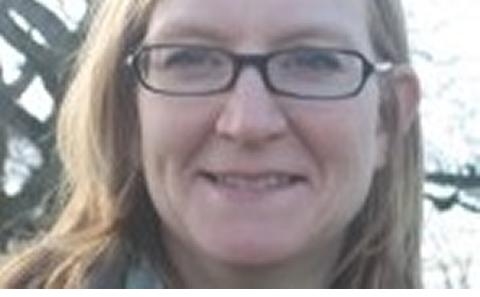Extreme Credulity: Wollstonecraft, the 1797 Bank Restriction Act, and the credit instrument of fiction Seminar

- Time:
- 16:00
- Date:
- 18 April 2018
- Venue:
- 65/2115
For more information regarding this seminar, please email Mary Andrew at m.j.andrew@soton.ac.uk .
Event details
Part of the SCNR Seminar Series for 2017-18.
At the end of the eighteenth century, the economic foundations of the British state – national debt, public credit, and paper money – were feared by many to be insecure, potentially catastrophically so. In 1797, the year after Wollstonecraft started writing The Wrongs of Woman, the Bank Restriction Act inaugurated the ‘restriction period’, during which the Bank of England ceased to redeem paper money with gold, and anxieties around the ficticiousness of paper money, whose link with gold was no longer secure, were exacerbated. Fiction, which deploys particularising and other strategies to generate belief in what Michael McKeon has called the textual effect of ‘concrete virtuality’, can be considered another eighteenth-century credit instrument. This paper reads Wollstonecraft’s Wrongs of Woman against this particular economic context to bring its widely noted concern with the economic oppression of women into new focus. It argues that the text can be read an economic anti-romance, which reverses the novel genre’s usual subjugation of money concerns to a love-plot, to expose the relations between economic behaviour and gender norms. Rather than being secondary to ethical or aesthetic concerns, Wollstonecraft makes economic transactions central to her novel’s plot, to expose, rather than to naturalise, economic behaviour, and to show its consequences, in sustaining the social, gender and sexual norms of commercial society. I argue that the text is a critique of the ‘extreme credulity’ (a phrase used to describe Wollstonecraft’s protagonist), enjoined on women in commercial society, and an account of the obstacles to their economic liberty. The problem of credit lies at the heart of the text, not only in the plot, but in the intertwined narratives through which the text is structured. By questioning the credulity on which fiction, like money, itself depends, I suggest that Wollstonecraft can be seen to be intervening in the genre of fiction, attempting to reorient it away from belief in the individualised story of ‘characters’, and towards exposure of, in her husband William Godwin’s phrase, ‘things as they are’. Thus in her fiction, as in her political writings, Wollstonecraft attacks the patterns of belief necessary to the credit economy, and the forms of consent to social norms required by liberal governmentality more generally. For her, fiction’s ‘textual effect’ of ‘concrete virtuality’ is deployed not to generate belief in the virtual world of fiction, but to further an understanding and critique of the actual world. Her response to an ‘age of credit’ is thus generic transformation which mobilises fictional genres against credulity.
Speaker information
Dr Catherine Packham, University of Sussex. BA(Hons) Oxford, MA (Critical Theory) Sussex, PhD Cambridge I have been teaching at Sussex since 2006; prior to this, I worked as Lecturer in Eighteenth-Century Literature at Leeds University for four years. I've also taught in the department of English at Leicester University, and have been a visiting Lecturer at Nottingham University.